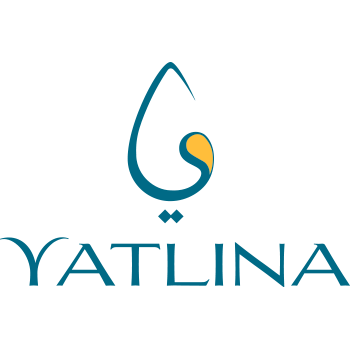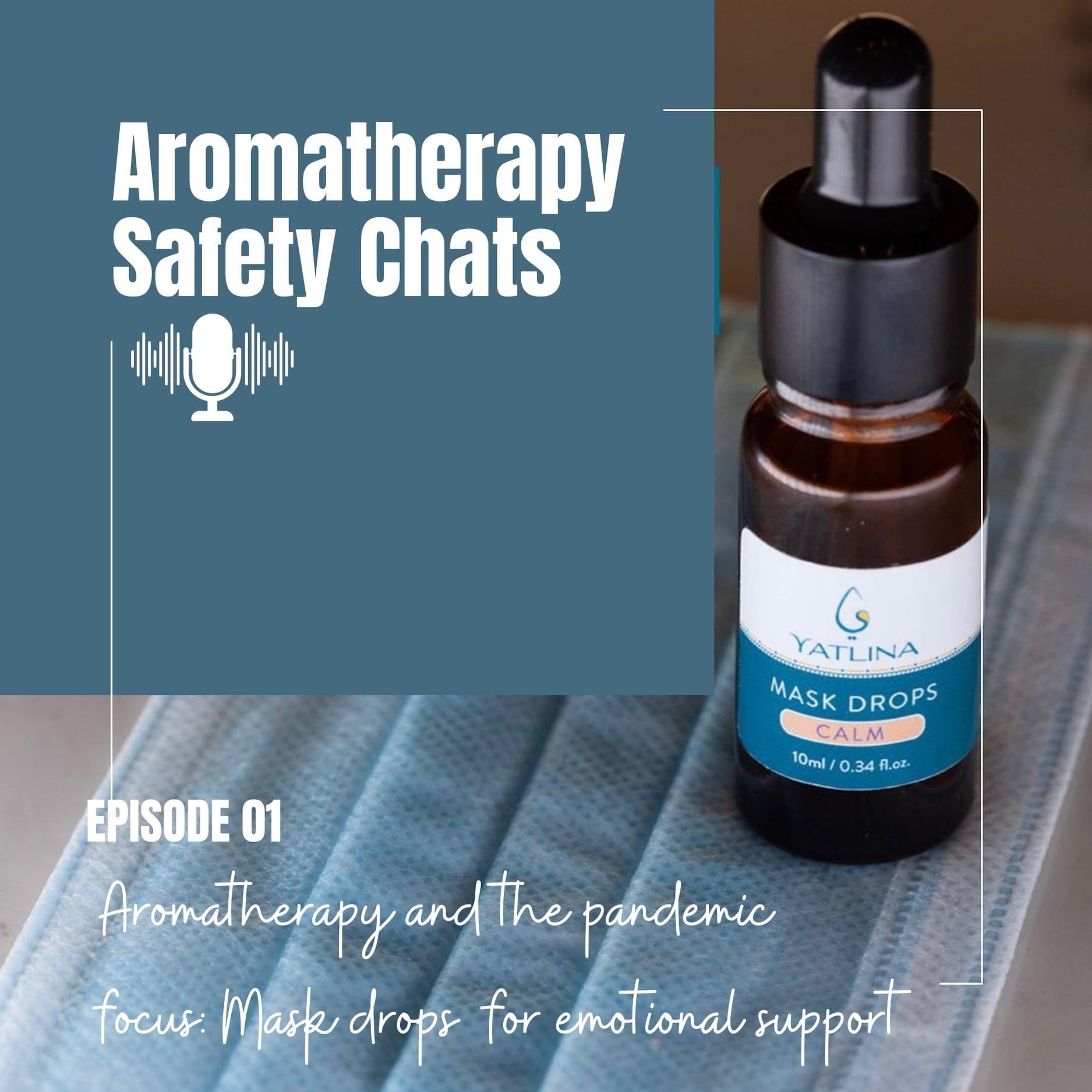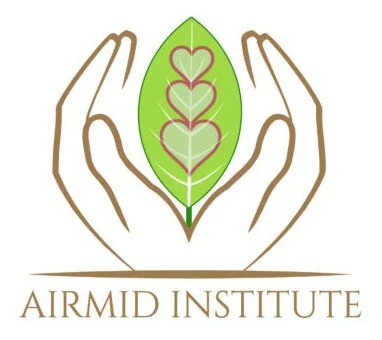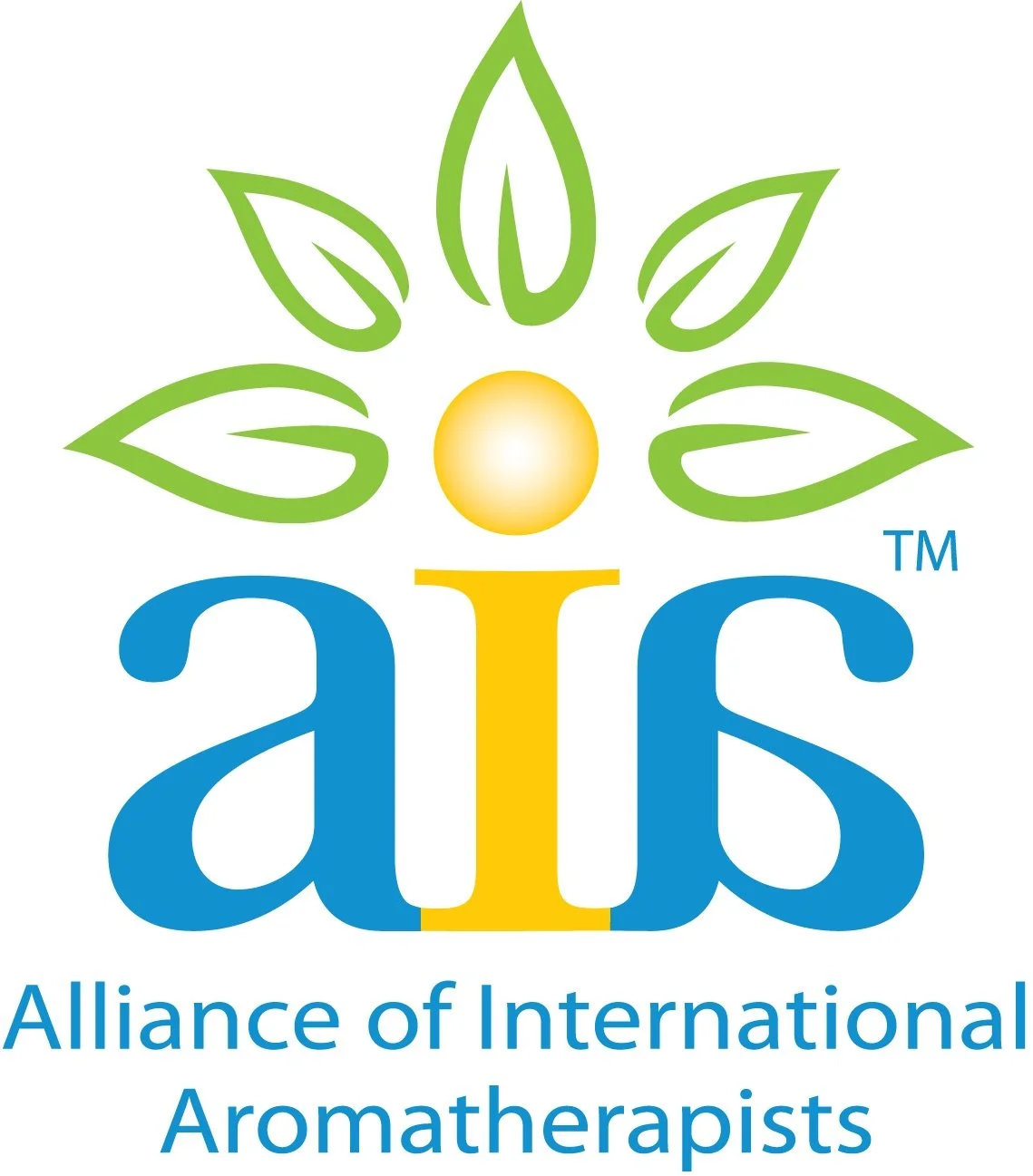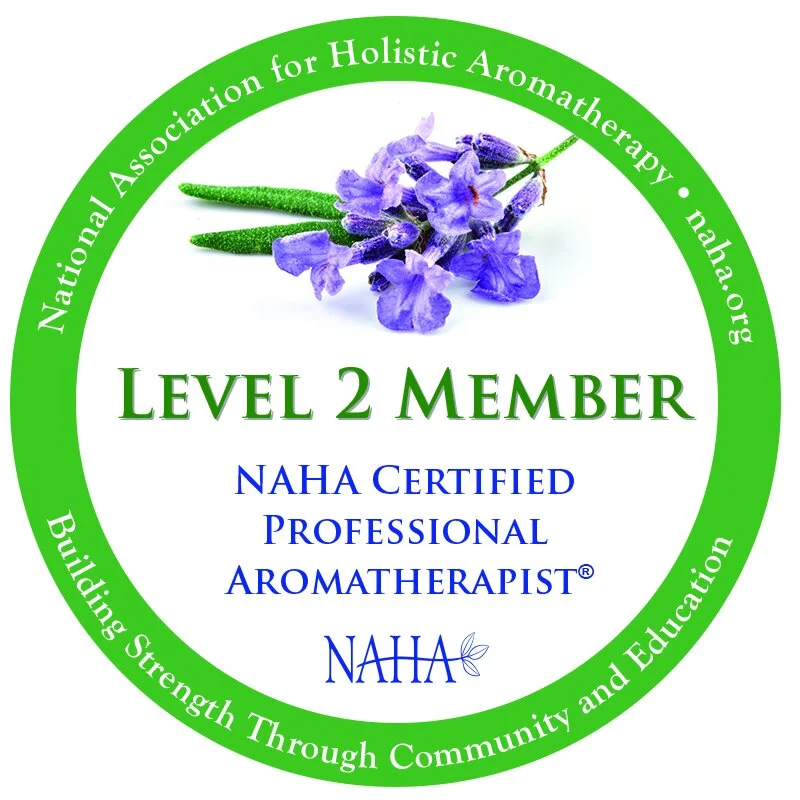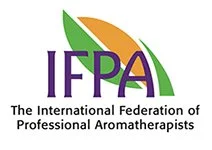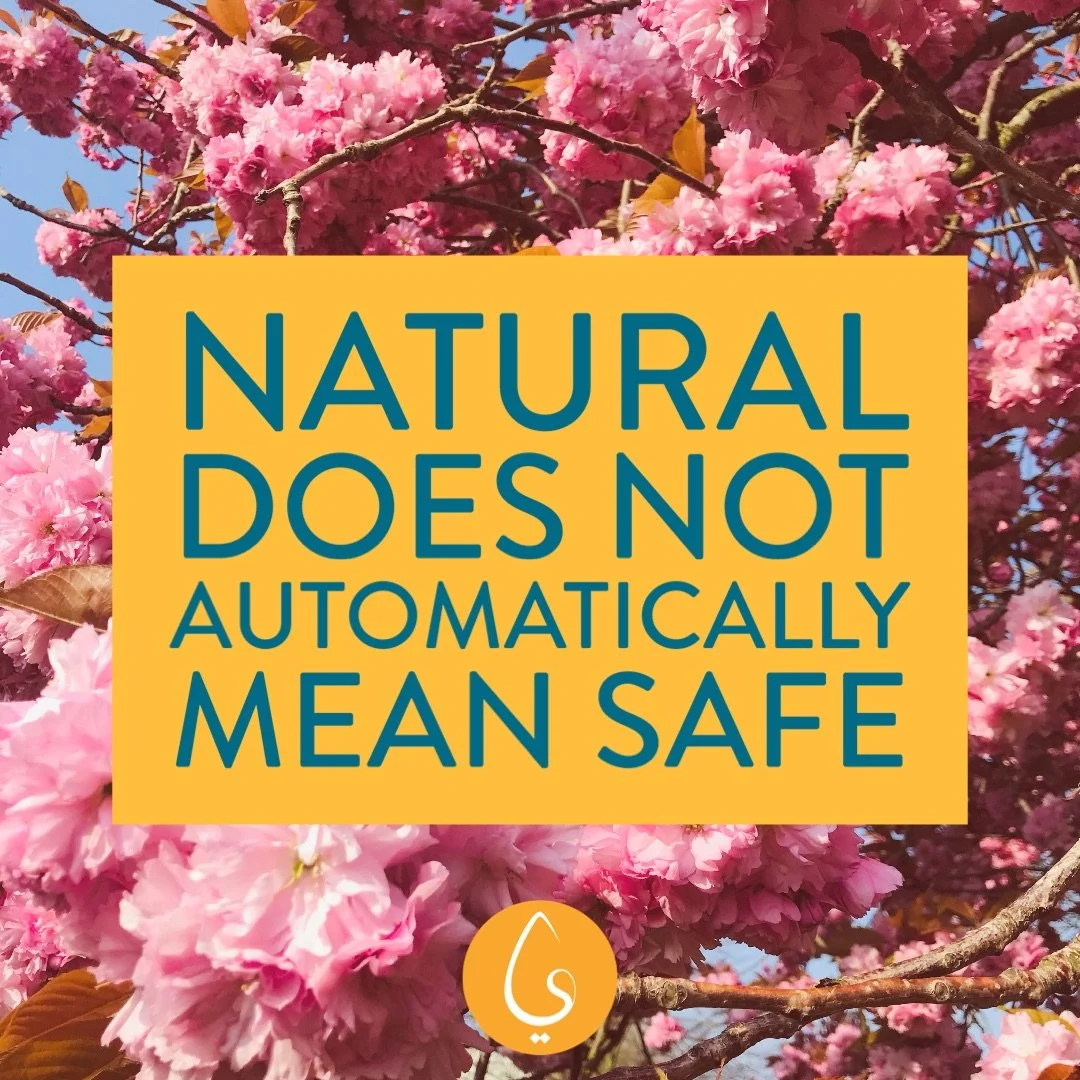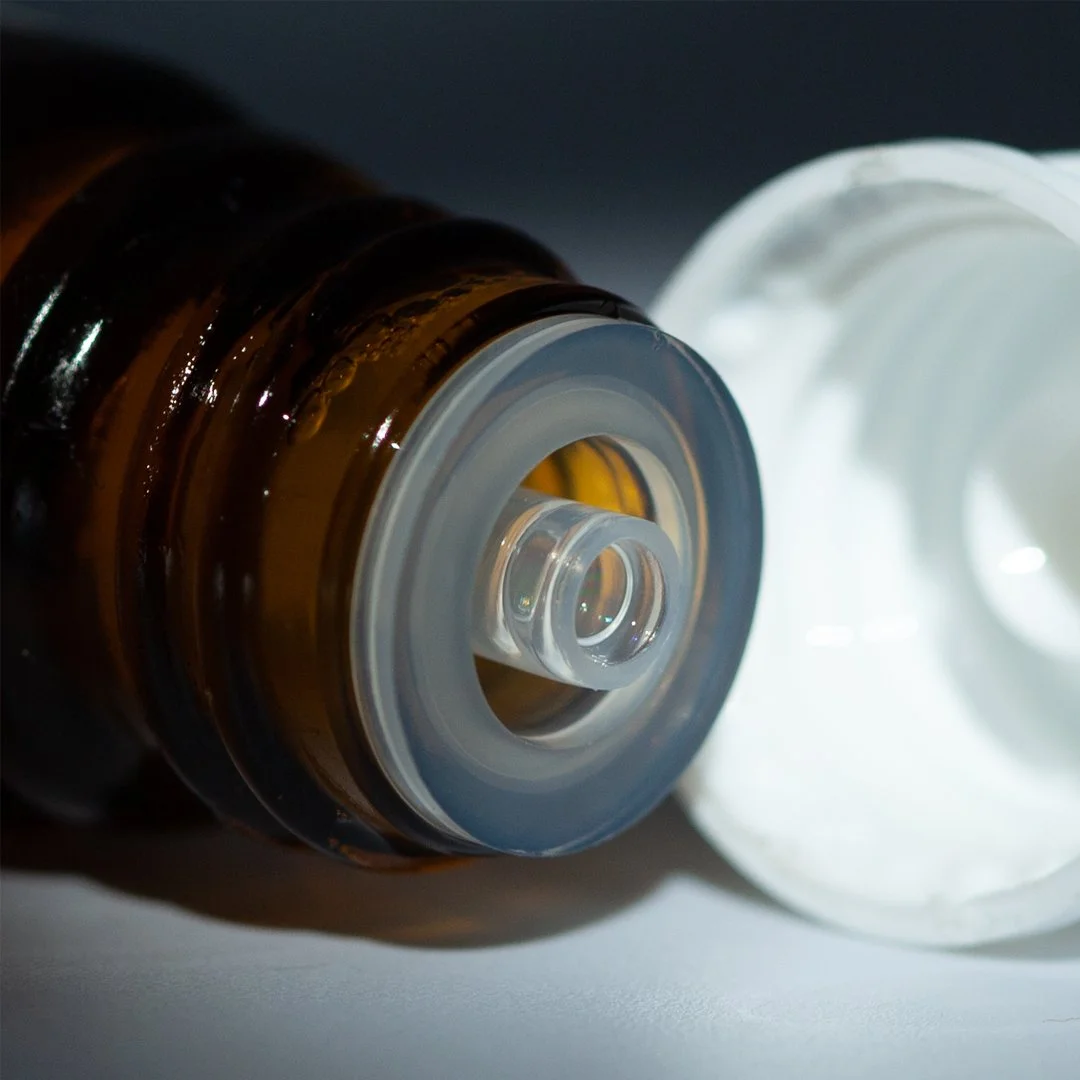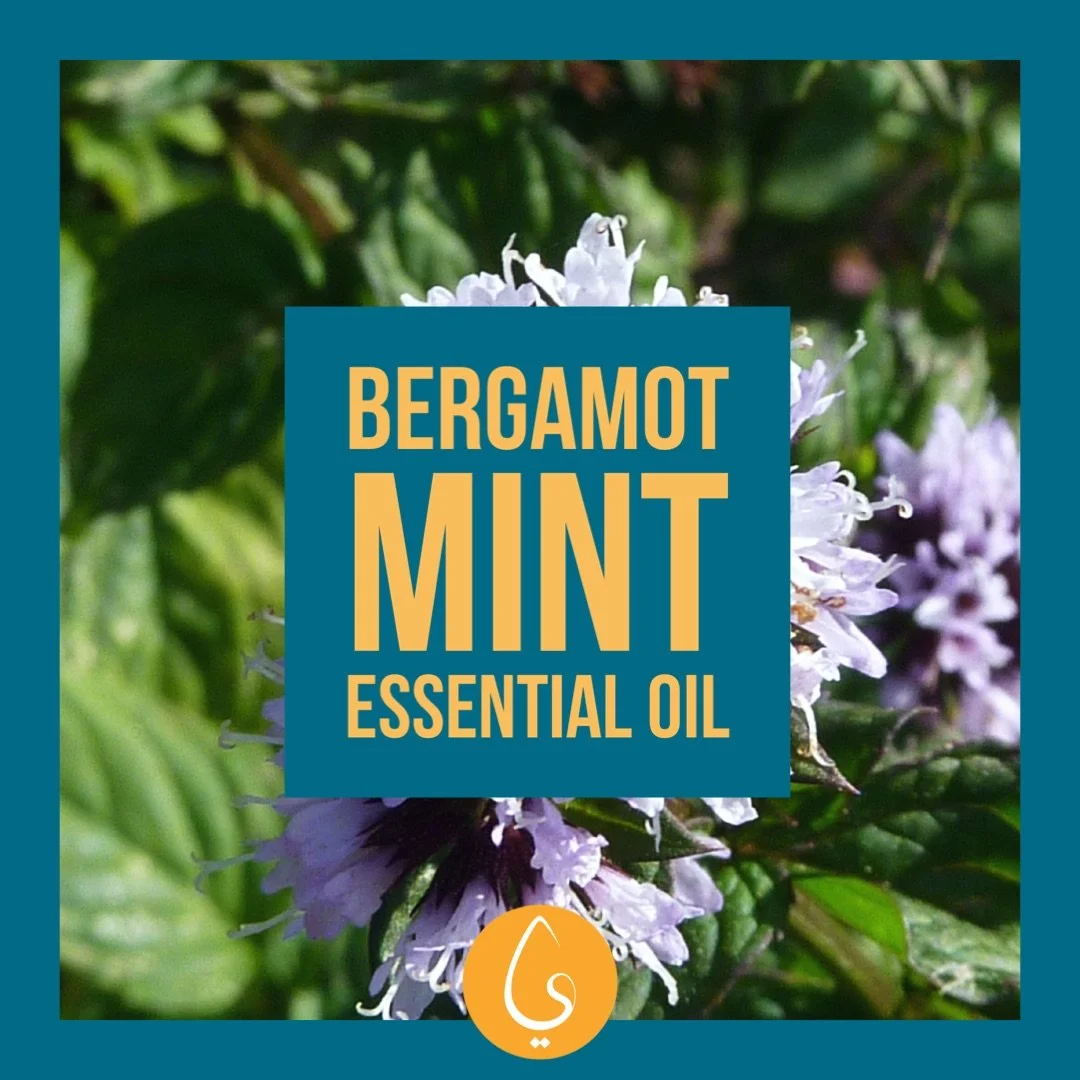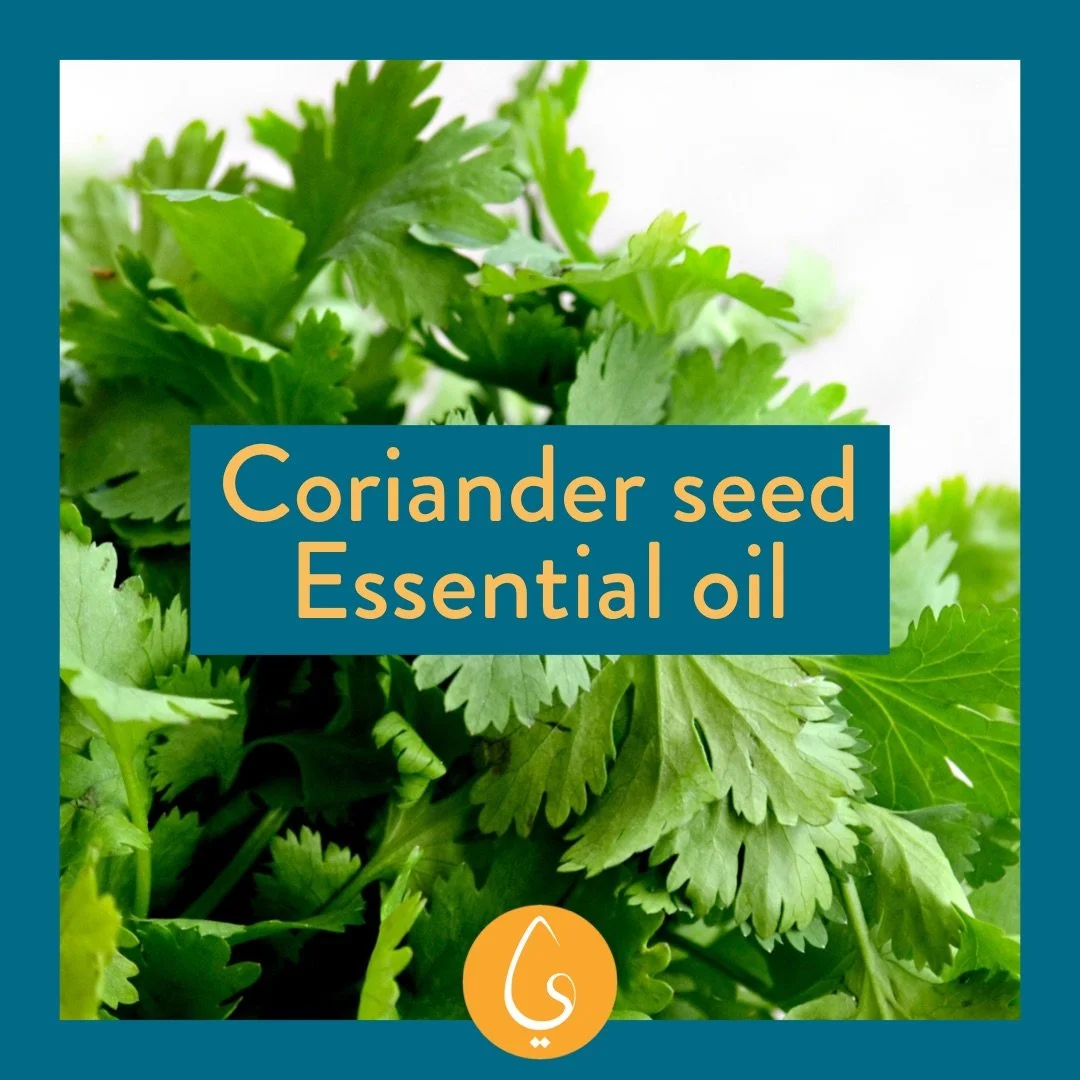Aromatherapy Safety Chat
I have known Lauryn for over eight years since my time living in New Zealand. I was a massage client of hers, and we got to know each other and bond over our mutual love of aromatherapy. At the time, I was working as a visual effects artist and was constantly stressed out and achy from long hours sitting on a computer desk. Lauryn helped me a lot with her blends and was one of my inspirations that deepened my love of essential oils.
We have attended several natural perfumery classes with Perfume Playground, whom she consulted with, and Fragrifert parfumeur masterclasses in Wellington, New Zealand. Lauryn has since founded a Facebook group with thousands of members to promote the safe use of essential oils and aromatherapy products and to spread information about the benefits and limitations of aromatherapy product use.
Our chat is the first episode of her new podcast, and I was honoured to talk to her about my brand, my journey and how I came up with the idea of Mask Drops, my award-winning aromatherapy blend for use with face masks.
The following is based on our talk with a few added bits of information that I forgot to clarify or add while chatting away!
Let's jump right into why you created your brand/drops.
In January 2020, I became a certified aromatherapist after two years of structured studies with Aromahead institute in the United States and various other courses, including Aromaflex in New Zealand many years earlier.
I was also interested in natural perfumery, so I took several classes that helped me develop an appreciation of scent beyond its therapeutic properties and chemical compositions.
I have a diploma in Natural skincare formulations from Formula Botanica, which helped me understand how to choose effective but still plant-based ingredients, like preservatives, soluble, and so on. During my studies, I would give consultations and create products and build good trusting relationships with many clients.
When COVID caused mass lockdowns and mask-wearing became more common and compulsory in many places, I found myself, like many others, quite uncomfortable with wearing one and simply unused to the idea of covering half my face for long periods. I got asked by several people about using oils on the masks as a way to relieve that discomfort and help with breathing issues. The idea was that they are natural products and therefore safe for use in this time of sickness. That same idea was found on several websites and blogs online at the time.
Let's be clear, the mask itself was not the issue as most are pretty light, and doctors and nurses wear them for hours on end with no problems; it's more a psychological barrier and the need to feel more protected. It is a way of coping with a new reality that requires you to change your daily activity. I understand that and went through it myself. It's not easy, and it's not normal, but knowing we have to do it to protect ourselves and others means you want a way to cope with it.
So the idea of Mask Drops came about in July of 2020 during the height of the Covid pandemic and the continued lockdowns happening worldwide. I decided to launch my brand Yatlina with Mask Drops as my first product to bring functional scent and safe aromatherapy use in everyd
My company is registered with the Aromatherapy Trade Council in the UK, and with its stringent rules of conduct, you must comply with them. I am registered with NAHA and AIA in the United States and IFPA in the UK. All of their organisations help to promote the safe use of essential oils and aromatherapy products while insisting on continued education to stay up to date with the latest research and studies related to essential oils. All this reassures clients and customers that when you buy a product from Yatlina or have a product personally formulated for you, you are getting in the highest quality ingredients, and it is safe and effective. I am also a member of the Airmid institute, concerned with the sustainability and safe harvesting practices of aromatic plants worldwide.
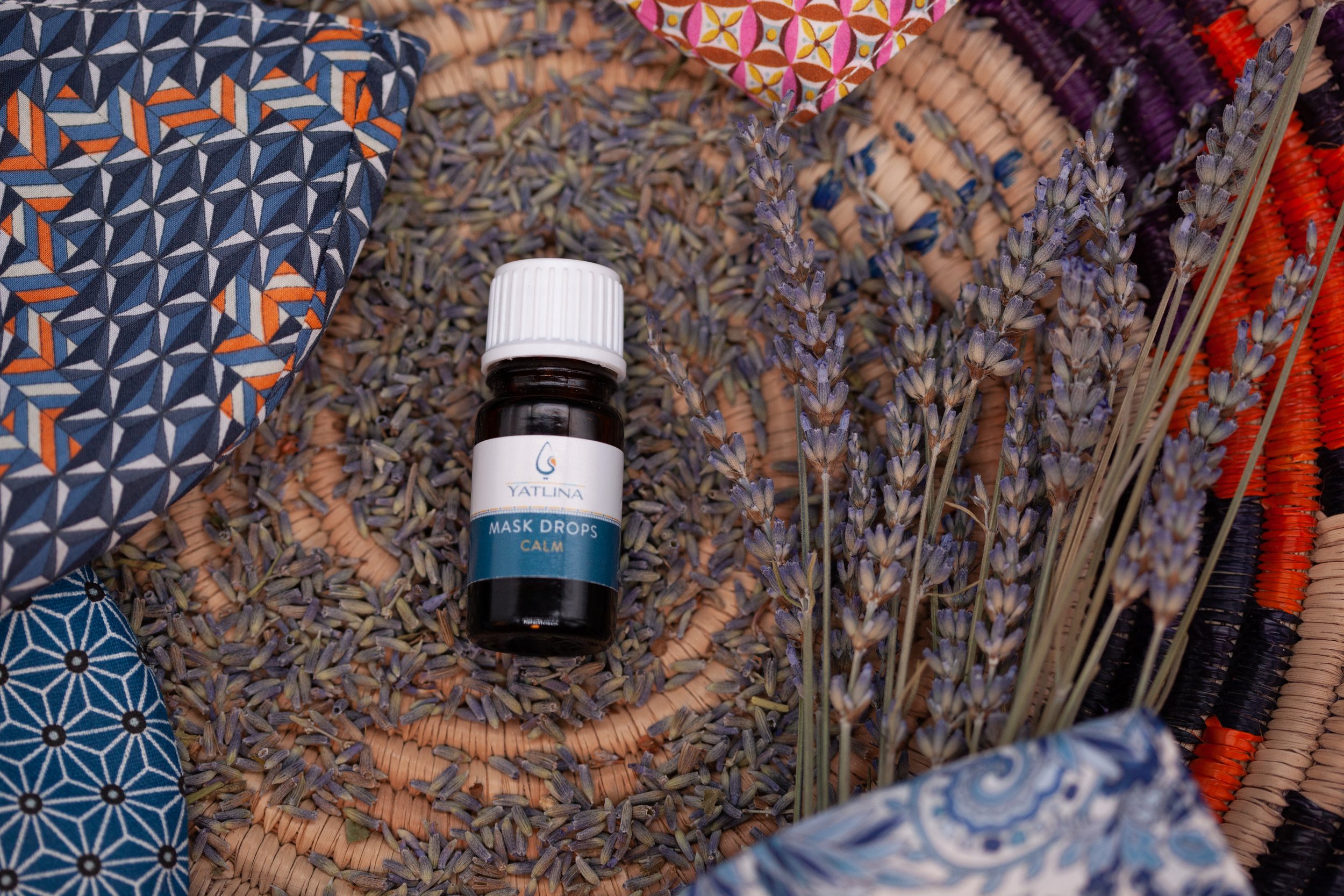
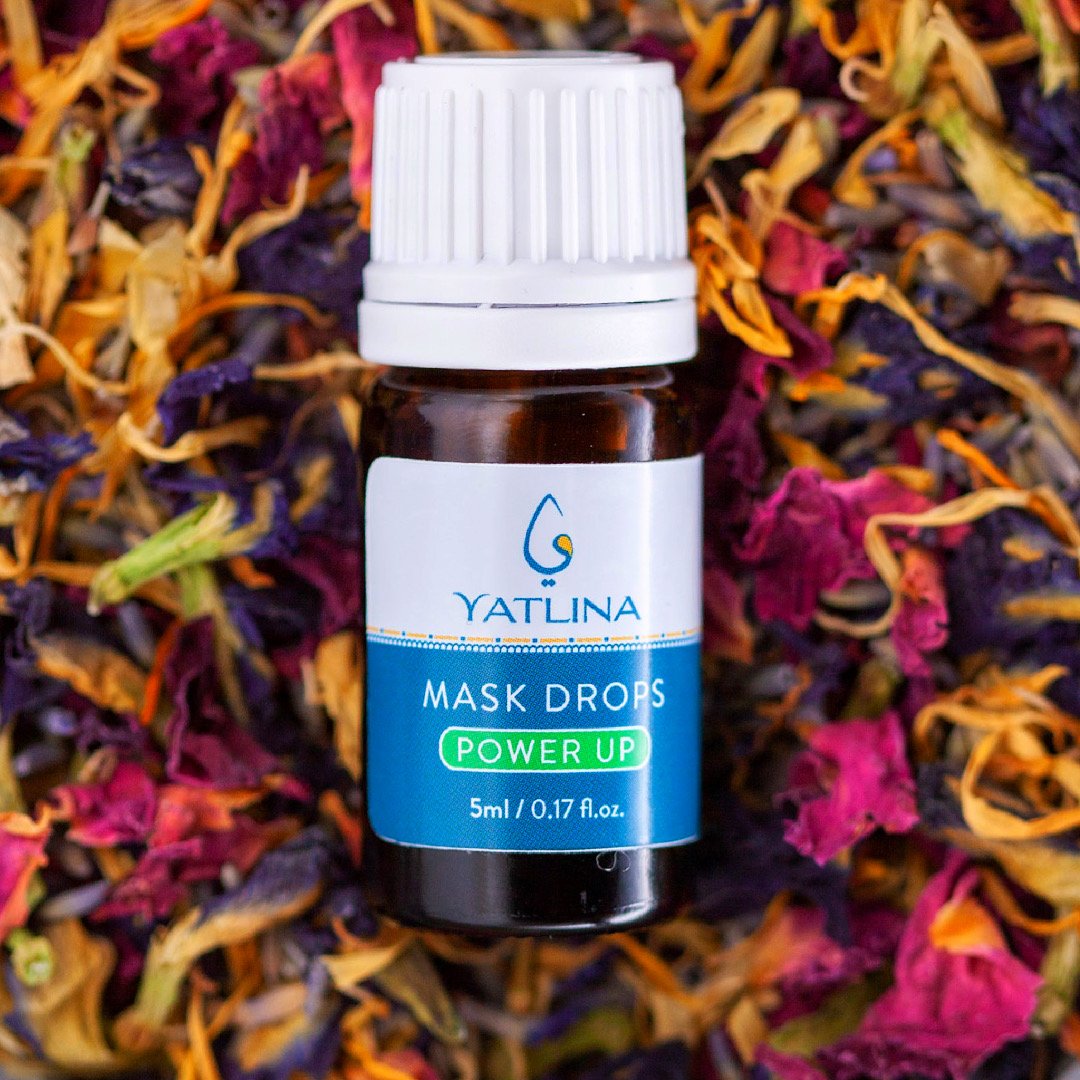
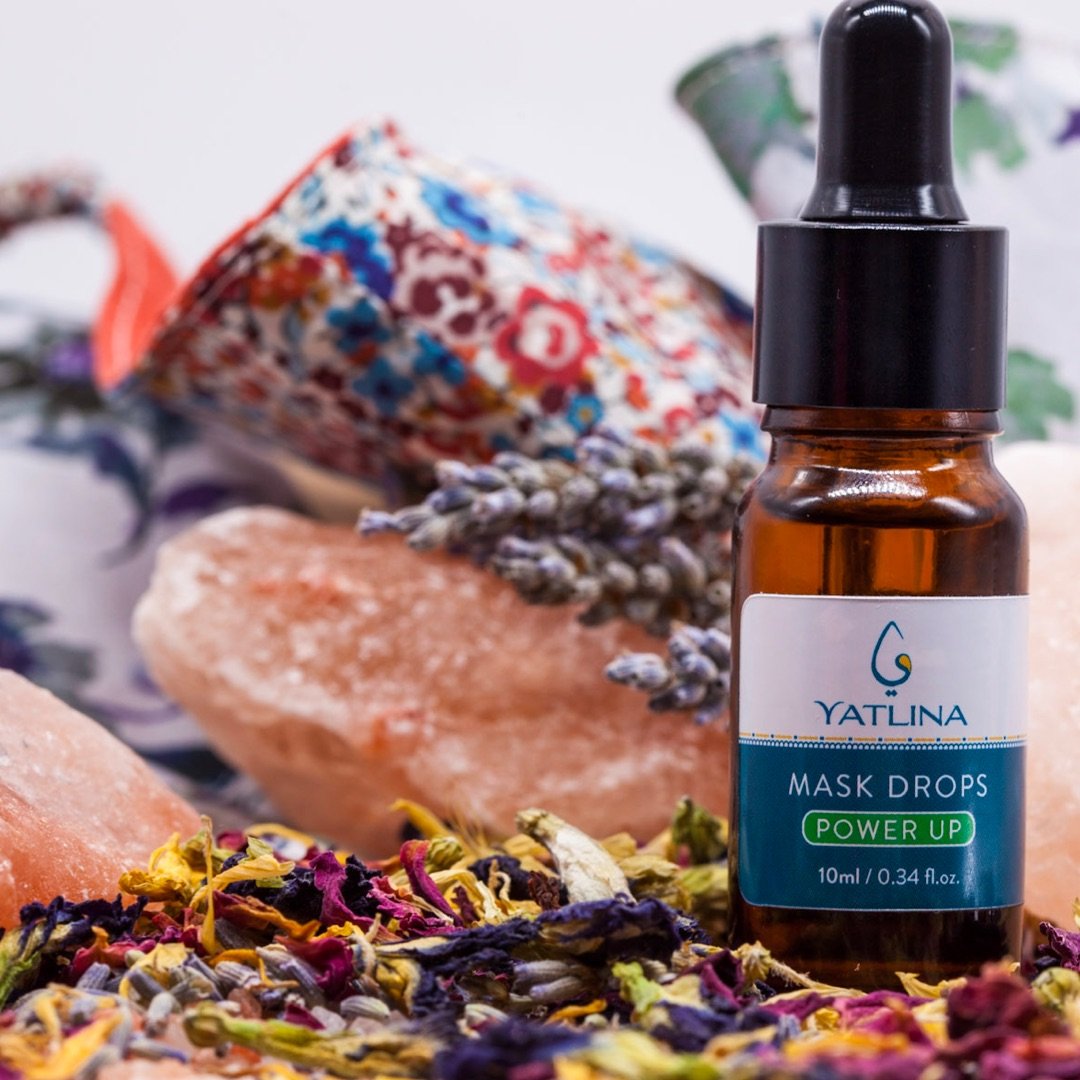
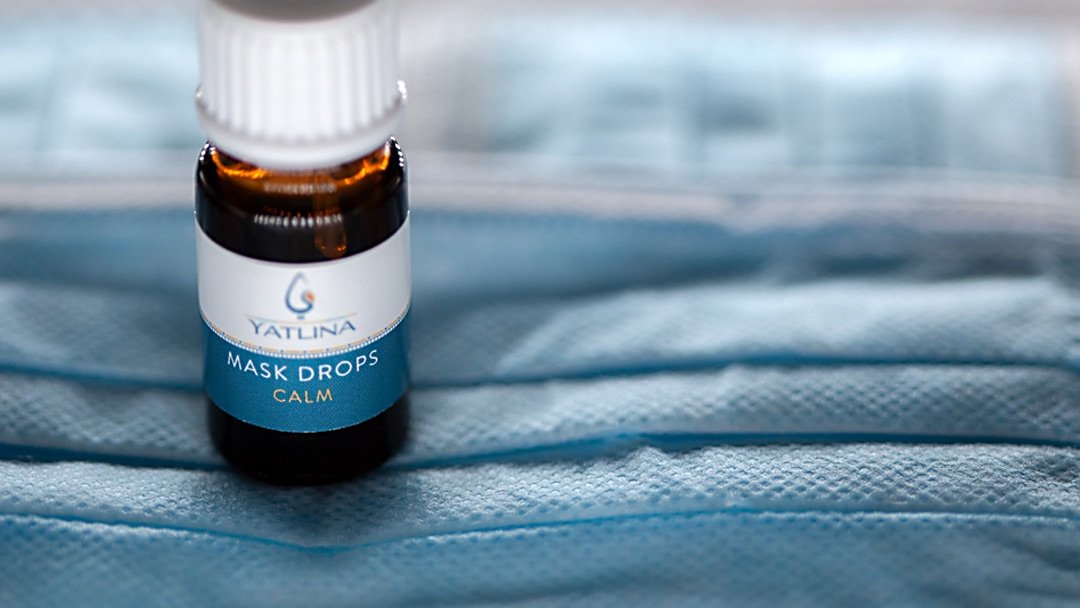
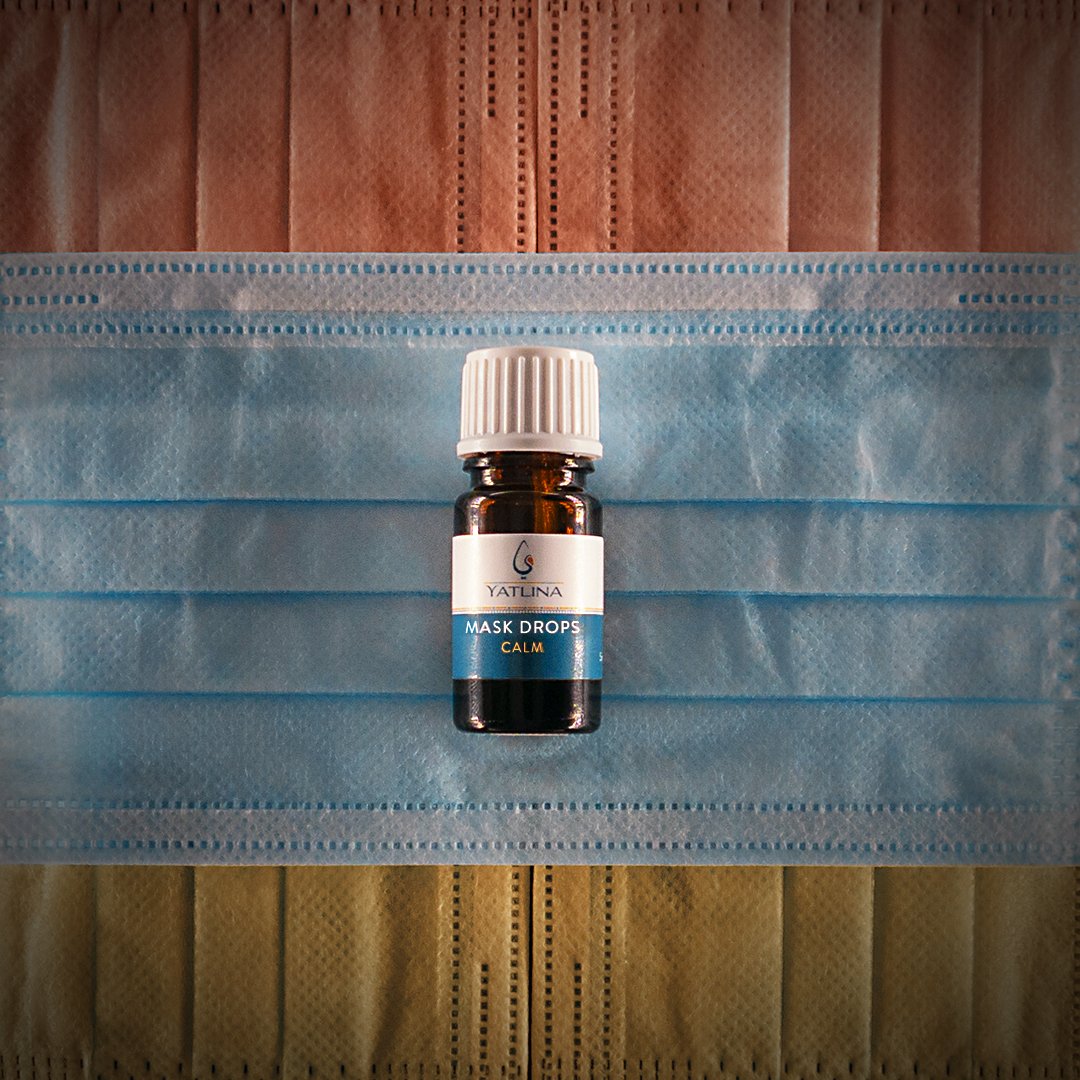
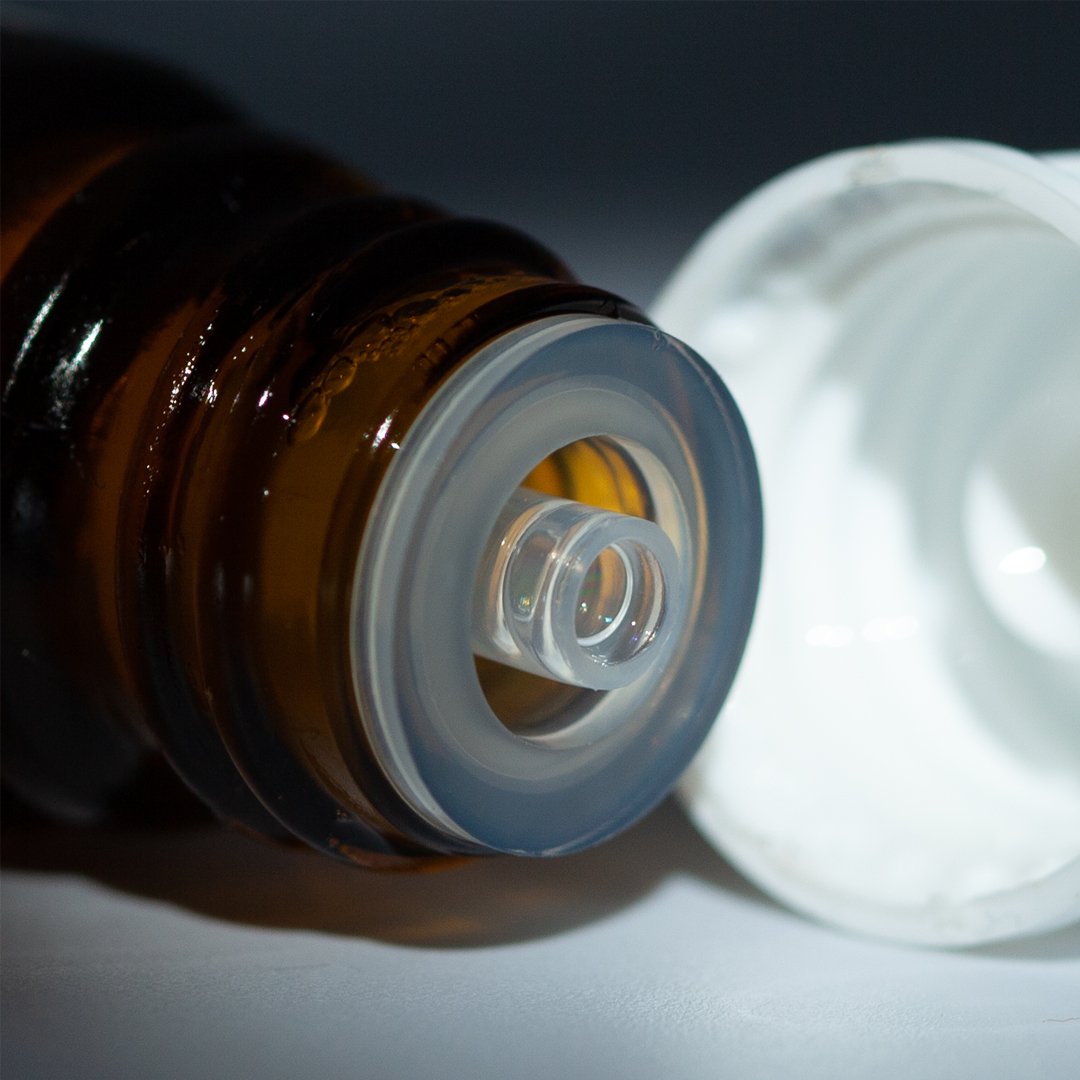
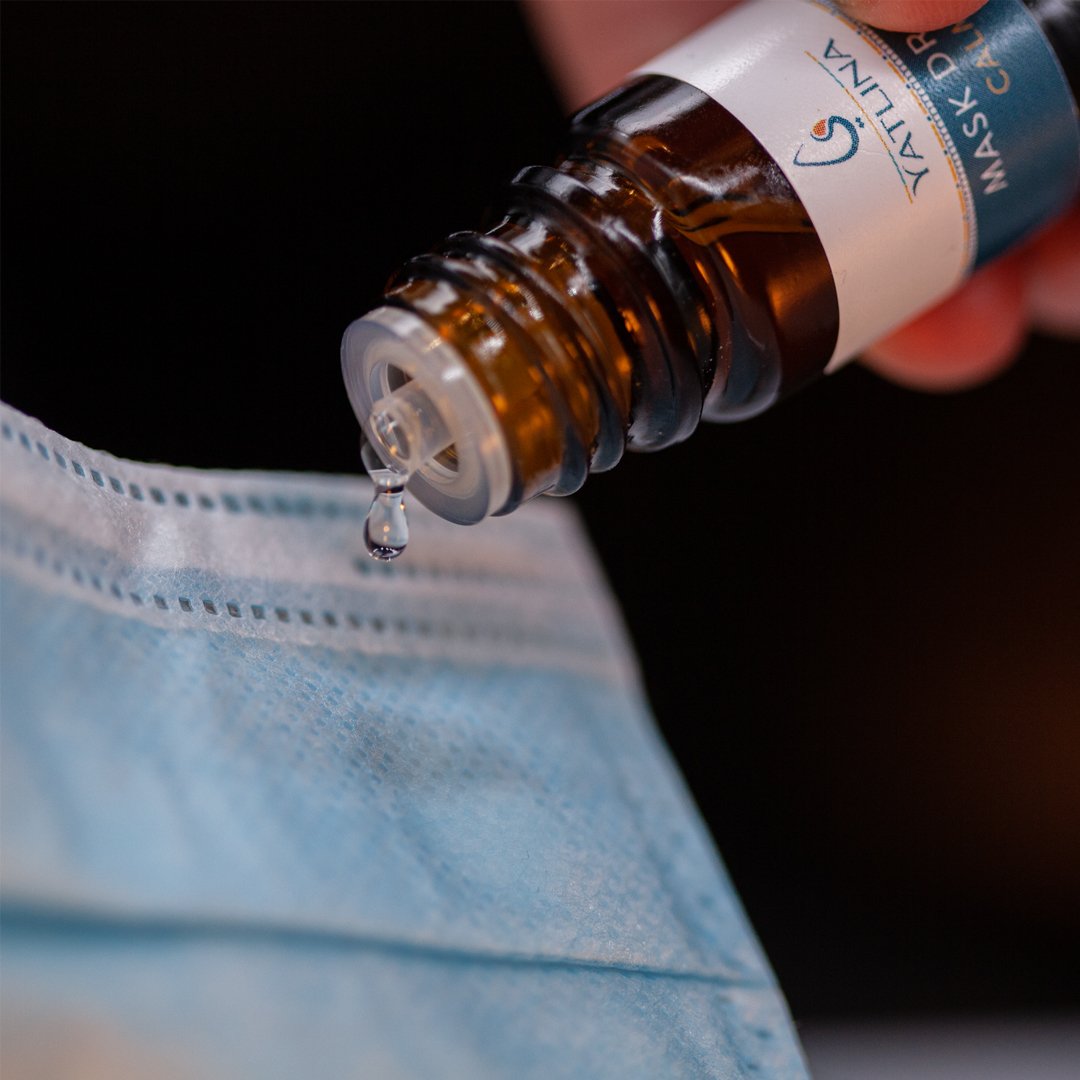
Mask Drops are a safely diluted blend of essential oils in a water hydrosols base that is formulated and naturally preserved to be used safely on masks worn on the face and breathed in as you walk around doing your daily activities.
It blends the essential oils' therapeutic principles and chemical knowledge with the blending techniques of natural perfumery. You learn to take into consideration the notes and scent properties. You also spend time making sure they all mix perfectly to harmonise into a gentle and pleasant scent that can be used close to the face without irritating but also be functional and deliver the properties that only a natural product can.
I started with a Calm blend with a mix of oils that relax and uplift and then created Power Up with more clarifying and energy-boosting properties, explicitly targeting people who are required to wear a mask for a longer duration of their work shift. The calm blend has a softer scent that is balanced without being too floral or sweet. The Power-up blend is fresh and bright with a slightly earthy herbal tone. Both are made in small batches and left to harmonise for a few weeks before being bottled for use.
Why not use essential oils straight onto the face masks?
My main concern with the people asking about the use of neat EO on masks was the lack of knowledge that not all natural products are automatically safe and that there are still precautions that are needed with every ingredient, no matter what claims are made on the labels.
Therapeutic, professional, and clinical grades are labels with no governing body to enforce a specific definition of them. Still, they sound compelling and look very authoritative on a label because the layperson would assume that if it's "clinical", it must have gone through tests that the others have not.
As you know, all of this is just marketing ploys. They mean nothing at all. An essential oil is either genuine, pure and unadulterated, or it's not. There is space for the use of fragrance oils and dilutions, and so on, of course there is, but if you want to create an aromatherapy product, then you need to be clear about your ingredients and all the precautions and contraindications that could cause issues. It's like any other profession knowing how to approach it can make a big difference in the results you get; otherwise, it can be a very disappointing and potentially harmful experience. I have been lucky enough that none of my clients followed this advice before consulting me and that probably has to do with my consultations always emphasising the safe use of oils and how they should and should not be used. I always take my time explaining this and make sure they understand and are part of the process of creating a product that they can use. This approach worked, and I am thankful for it for sure.
Unfortunately, that is not the case with many people who will gladly follow unprofessional advice online that encourages the use of essential oils as if they are just scented products and flavour enhancers, utterly unaware of the potential harm they can cause if incorrectly used. I got a few private messages and replies to my Instagram posts suggesting the use of neat oils under a post where I explained why that is a bad idea! They read it but choose to misunderstand it or ignore it. At that stage, all you can do is educate and correct if asked.
Four simple reasons not to use neat essential oils on face masks
The simple reason is essential oils are too strong, and you will do more harm than good if you use too much of them.
1- EO works well because they are potent and concentrated, but that same reason can cause skin irritation and reactions. Certain EO will work by rupturing a virus or bacteria's cell membrane, killing it off. It's a great way to have an antibacterial air antiviral effect of an oil, right? But that same effect can happen to other cells too in the same area, so you get skin irritations and reactions and skin conditions that flare up.
2- To have an effective mask, you need to have it close to your face, covering the nose and the mouth completely. If liquid gets on the mask's material and affects it, this can cause the mask's effectiveness to go down, putting you and others at risk. That is why I advise putting the mask drops on the sides of the mask and not on the material itself. It's also the reason why I did not make mask drops spray, even though I have been asked to do this several times. The surface area it will cover will compromise the mask's effectiveness, so again it only needs to be applied to a local area on the mask away from the nose and mouth.
3- The proximity of the mask to your face and the fact you breathe in the scent you put on it for an extended period means you have to be careful what you put on it. If it is a pure essential oil, not only will it irritate your skin, as we discussed earlier, but it can also make you nauseous and trigger headaches and migraines.
4- Lastly, an oil dose can alter its use, which usually surprises many people. A relaxing oil like lavender can turn into an alerting oil if too much of it is used. A cooling oil like peppermint can become warming if you apply too much. So the correct dosage and dilution rate are essential in getting the best therapeutic properties out of a product.
I do not advise putting undiluted neat oils on your mask for all these reasons.
Why don’t you have immune support drops?
Immune support is a complex subject because the immune system is a complicated, multi-faceted one with many factors that can affect it.
What you eat, where you live, your genetic makeup and your lifestyle are all factors that can affect how your body responds to a virus or a disease; in fact, it can also affect how long and how much resistance you have toward sickness itself. There are many studies on essential oils regarding virus protection and bacterial infections; however, not many are performed to a standard that would translate confidently into a wide range of use.
There are areas where they help and can target particular bacteria and viruses. Some very promising studies also deal with antibiotic-resistant bacteria, a growing concern in the medical field. Other studies deal with using essential oils as penetration-enhancing agents to aid in transporting medication through the skin.
Less is more.
That is the main thing you must think of with essential oils.
Use a dose that is gentle enough to work but strong enough to be effective. That is the sweet spot of any good aromatherapy blend or product.
What can and will help is making sure your entire terrain is in a state that can help your body fight off illness and support it in a way that aids in its natural recovery to the best of your body's ability.
This is where essential oil and its psychological effects can be beneficial. You can use oils that help to calm you down and oils that help to lift your spirits and support you emotionally. All this will signal your brain that you are relaxed and not in a state of panic, so it translates into cues to your parasympathetic system to stand down from being "alert", which in turn makes your immune system more robust and more ready to do its job.
When you are in a state of stress, your body re-prioritises its functions and one of those functions it sees as low priority is the immune system. That is a massive part of why stress can literally make you ill.
So it's all linked in ways that are not very obvious or straightforward—empowering yourself with proper knowledge of how your body works can help you find the best way to aid its recovery when something goes wrong.
Because many of the oils smell very good, people tend to think of them as perfume ingredients and use them the same way you would fragrance oils; to a certain degree that is true in terms of how good they can smell. It is very untrue about how potent they are, and they are highly concentrated. The so-called "essence "of the plant makes them almost medicinal in their use. In many cases, what essential oils do in the plant mimics what they can do to the human body. Benefits can range from protection from disease, pollination attraction, plant surface protection, etc. The body will see any essential oil entering it as a "foreign "entity that needs to be filtered out. Granted, a natural pure essential oil will do a lot of benefits on the way in and be more readily accepted since it's a plant source in your body, non the less it usually still gets filtered out through the liver. If you overdo it, you overload your system unexpectedly, and it becomes a burden on you to deal with it all.
You are always trying to find ways to "unload the system". Not burden it
Can Essential oils help when you are infected?
Most essential oils have some antibacterial or antimicrobial properties as this is their original function in a plant. There is a wide variety and scope of effectiveness between them all, and you need to consider personal preference for scent, which can affect acceptance and efficacy.
Giving general advice without knowing specific reasons for using an oil is not advised. I would steer clear of that.
What are your fav oils at the moment and throughout this 2020-2021 covid
Bergamot mint
A great oil with many benefits that resemble lavender and clary sage among others, yet its aromatic profile is so different and fresh and light. Great for those who dislike floral scents.
